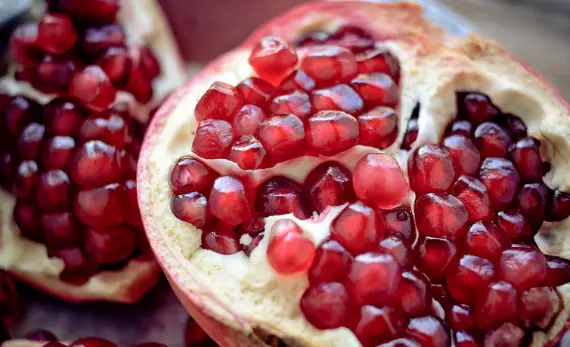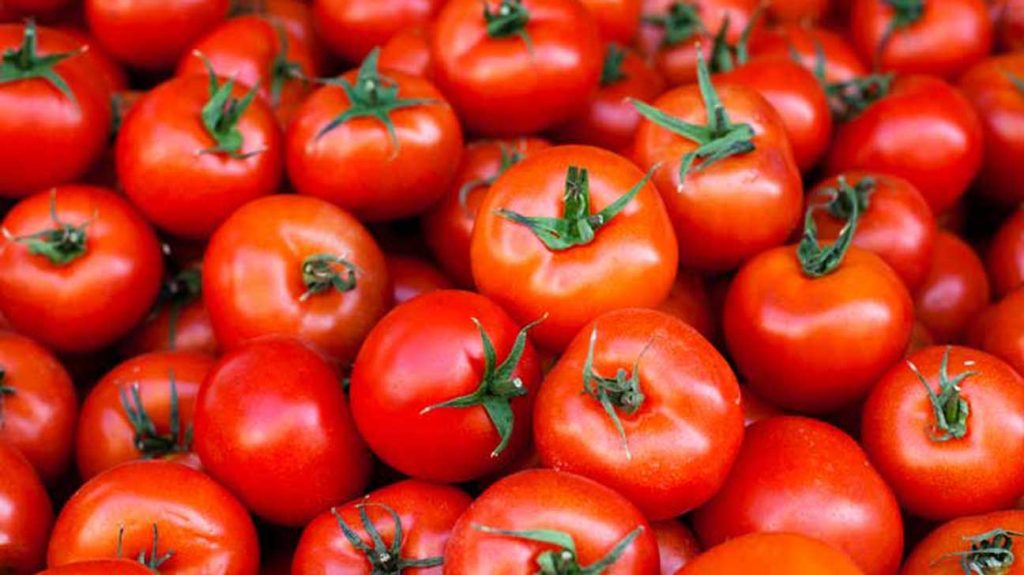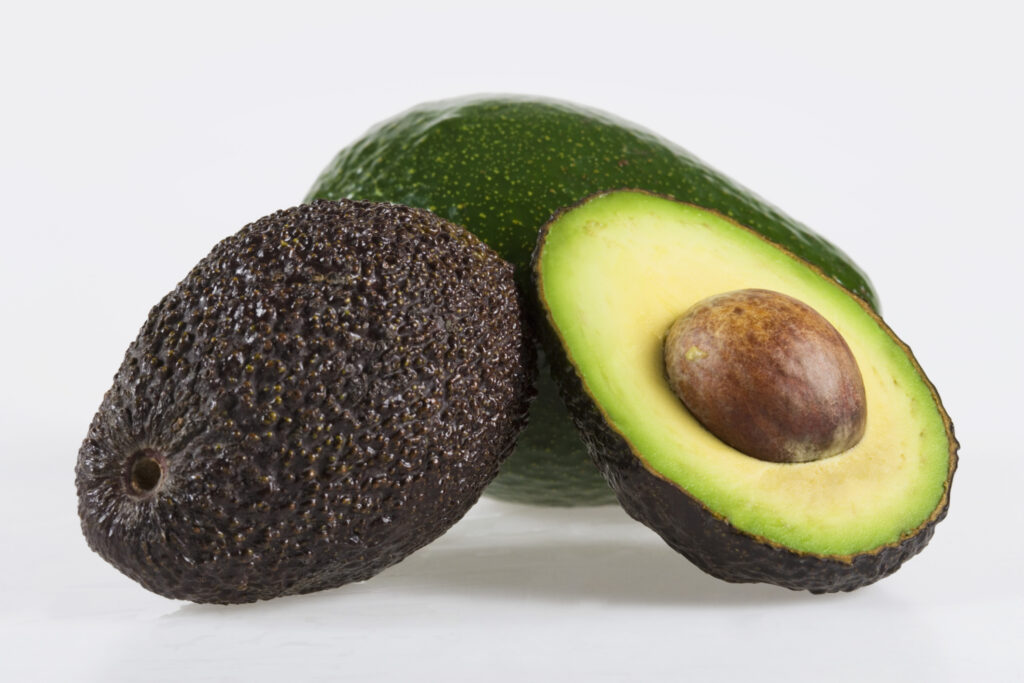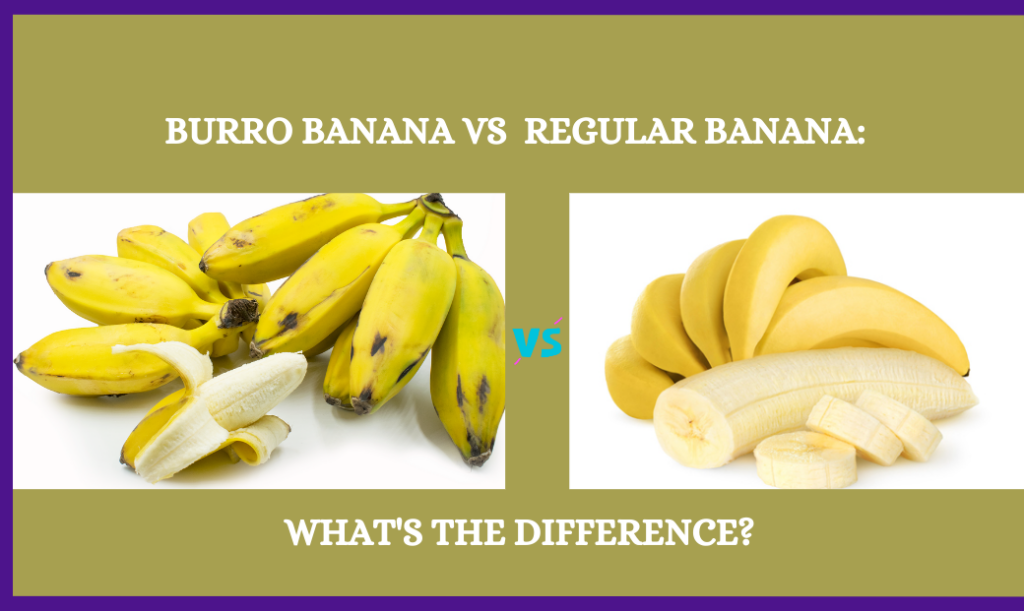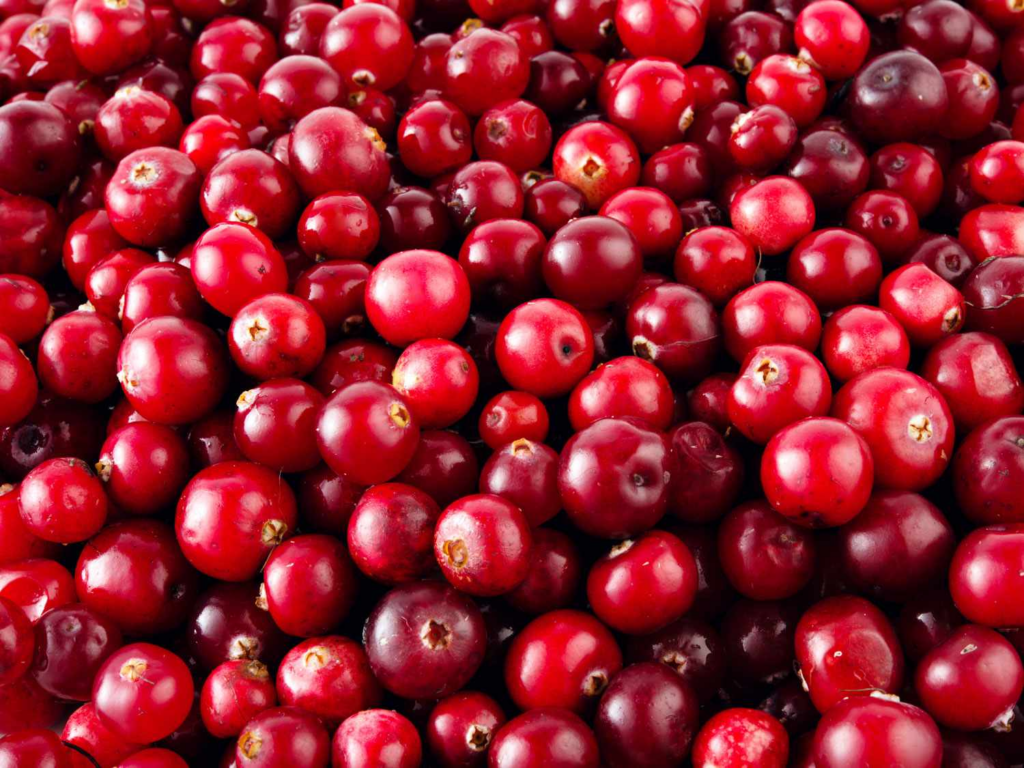You might not think of grape seeds as something to eat, but they’re not only edible, they might be good for you too. When grapes grow and get ripe, their seeds get harder. Grape seeds that you eat fresh are kind of green and crunchy. If the seeds are dried, they become crispy and taste a bit like nuts.
Table of Contents
Are Grape Seeds Harmful?
Some folks worry that eating grape seeds might be bad for you. But a bunch of studies show that’s not true. Grape seeds are safe to eat and don’t have toxins.
Grape seeds have stuff in them called tannins. Tannins are what make grapes and grape seeds taste dry and bitter. They can make it harder for your body to take in some minerals, but there’s not enough tannin in grape seeds to worry about.
Also, grape seeds have a teeny amount of cyanide in them naturally. But the amount is so small, it’s not harmful.
What Nutrients Are in Grape Seeds?
Grape seeds are tiny but full of good stuff.
They’re a good place to get healthy oils, fiber, Vitamin E, and other important nutrients. The oils in grape seeds are mainly omega-6 and omega-9 fatty acids, which include linoleic, oleic, and palmitic acids. These oils may help lower inflammation and bad cholesterol in your body.
About 20% of a grape seed is fiber. This kind of fiber doesn’t break down in your body, so it helps keep your digestion regular and supports a healthy gut.
Vitamin E in grape seeds acts to protect your cells from getting damaged. There’s also a B vitamin called thiamine, which helps your body make energy from food.
Possible Good Things About Eating Grape Seeds
Research that’s still being done is showing that grape seeds may do special things for your health:
- Antioxidants – Grape seeds are full of something called proanthocyanidins. These work like antioxidants, cleaning up harmful things in your body called free radicals, which could lower the chances of cell damage.
- Less Inflammation – The antioxidants and healthy oils in grape seeds might help stop inflammation, which could help with conditions that are caused by too much inflammation.
- Sharper Mind – Studies in rats found that grape seed extracts might make your brain work better and could be good for your nerves.
- Fighting Germs – Grape seed extracts could help your body fight off bacteria, fungus, and viruses. This might help you stay healthier.
- Healing Wounds – If you put grape seed oil on a cut, it might heal faster. The oil seems to help grow new tissue and blood vessels.
Could Eating Grape Seeds Have Any Bad Effects?
Most people can eat grape seeds without trouble. They’re okay to have in small amounts.
But, because grape seeds have tannins and oxalates, folks who get kidney stones a lot or have kidney problems might be careful. Oxalates can sometimes make kidney problems worse. So, if that’s you, you might not want to eat a lot of grape seeds.
Grape seeds can also thin your blood a little. If you take medicine to thin your blood, like Warfarin, you should talk to your doctor before eating lots of grape seeds.
If you’re trying grape seeds for the first time, go slow and drink lots of water. This helps you see if they cause any tummy trouble or allergies.
In Conclusion
Grape seeds are a treasure of antioxidants and nutrients. They’re safe and offer health boons for your heart, inflammation reduction, healing, and more.
Adding a few grape seeds to what you eat can be a clever idea to get their unique flavor and health benefits. Just remember to start with a little and drink water to check how they fit with your body. Eaten in moderation, grape seeds can be a good part of your diet.


